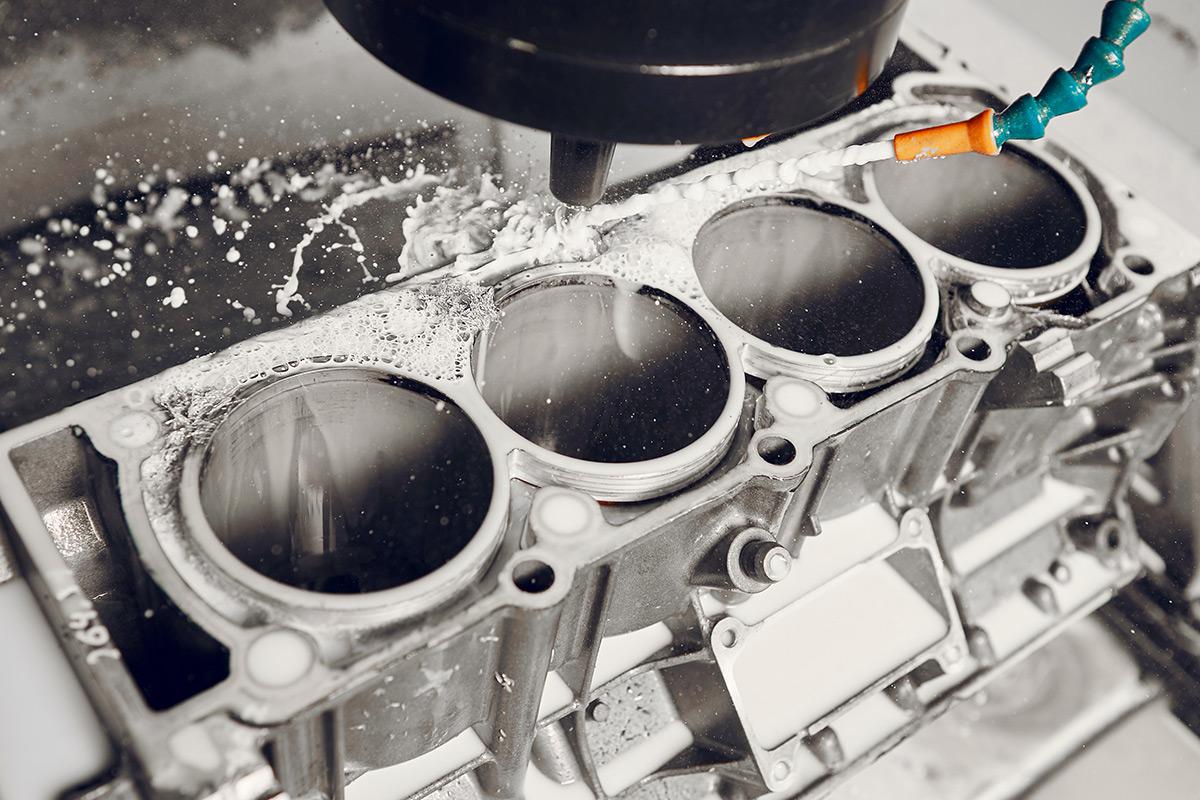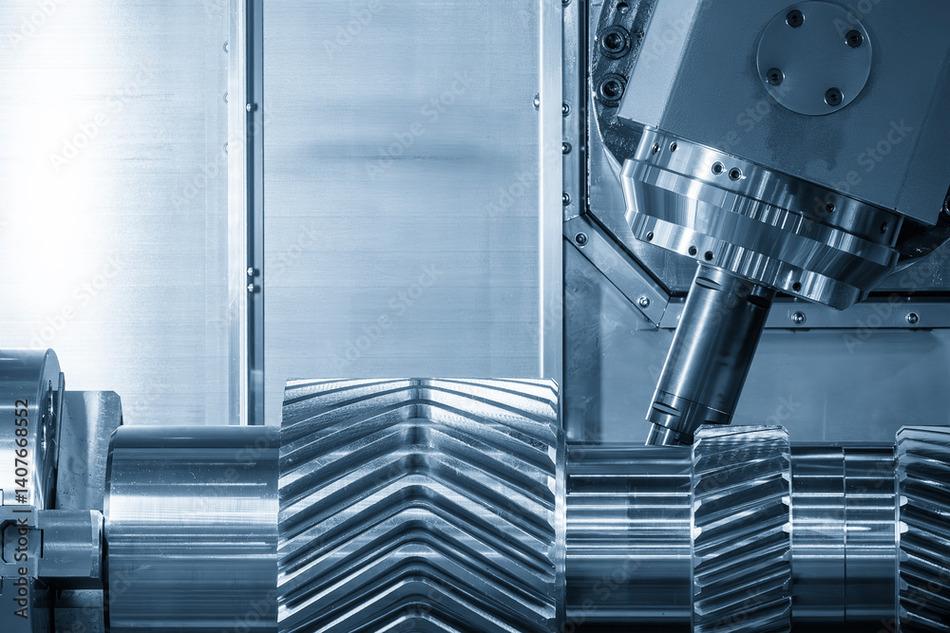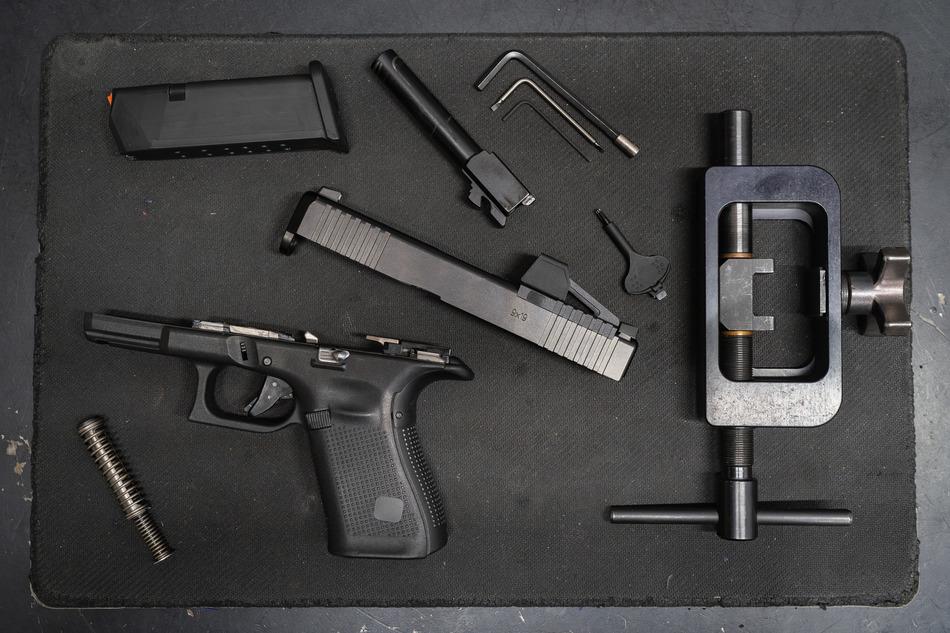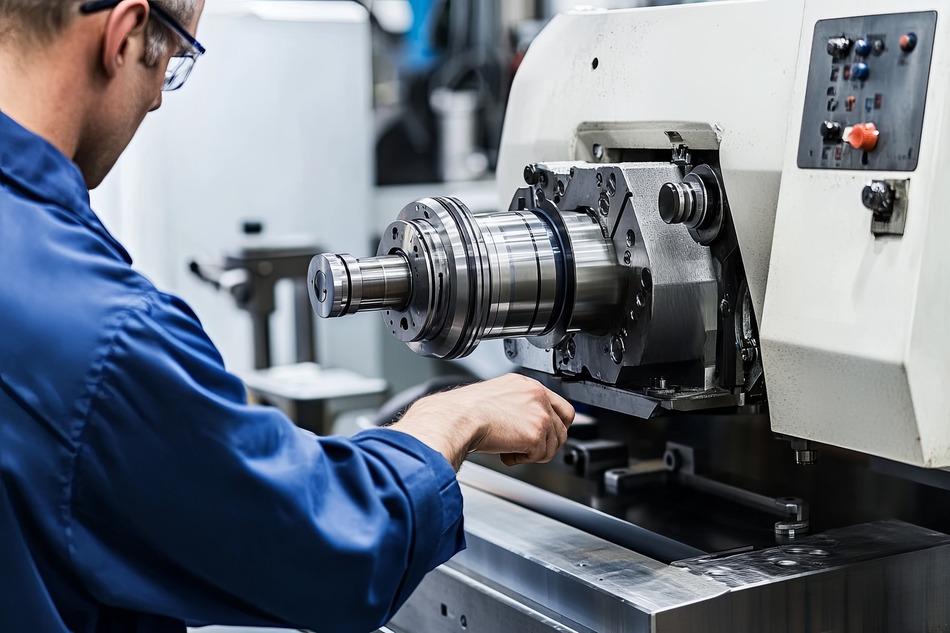CNC Machining and Its Benefits for Automotive Parts
The automotive industry relies on the production of precise and reliable parts to ensure that vehicles perform well and keep passengers safe. One of the key technologies that makes this possible is CNC (Computer Numerical Control) machining. CNC machining is a manufacturing process that uses computers to control machine tools, allowing for the accurate production of parts used in cars and trucks.
The Future of CNC Machining in the Automotive Industry
By using CNC machining technology, automotive manufacturers can produce a wide range of parts with high accuracy, which is important for vehicle safety and performance. CNC machining will continue to play a key role in the automotive industry as manufacturers look for ways to improve efficiency, reduce costs, and produce high-quality parts.
With the rise of electric vehicles (EVs), CNC machining is also being used to produce specialized components for EV powertrains and battery systems. The precision and reliability of CNC machining make it an essential part of producing these advanced parts. As the automotive industry shifts towards new technologies, CNC machining will remain a crucial tool for creating the parts needed to build the vehicles of the future.
The Benefits of CNC Machining for Automotive Parts Production
High Precision and Quality
CNC machining is known for its ability to produce parts with precise machining. This level of accuracy is extremely important in the automotive industry, where even a small error in a part can affect the performance or safety of a vehicle. CNC machines are programmed to follow exact specifications, which means they can create parts that meet strict quality standards every time, without variation.
Advantages:
- Accuracy: CNC machines can make parts that are accurate to within a fraction of a millimeter, which is crucial for automotive parts that need to fit together perfectly. For example, internal combustion engine components need to be precise so that they work smoothly together without causing any issues.
- Consistency: Once a CNC machine is set up, it can produce multiple copies of the same part with the same level of quality, ensuring consistency across production runs. This is important for mass production, where hundreds or thousands of parts need to be identical.
Efficiency and Speed
CNC machining services help automotive manufacturers produce parts more efficiently. Because CNC machines are automated, they can work faster than manual machining methods, allowing manufacturers to produce more parts in less time. This is especially important for the automotive industry, which needs to produce large volumes of parts to meet customer demand.
Advantages:
- Automated Production: CNC machines can operate continuously, which means parts can be produced 24/7, leading to faster production times. This helps meet the high demands of automotive manufacturing, where speed is crucial for keeping up with production schedules.
- Reduced Human Error: Automation also reduces the chances of mistakes that can occur with manual machining. When a human operates a machine, there is always the possibility of errors, but CNC machines follow computer instructions exactly, improving the overall efficiency of the production process.
Flexibility in Design
CNC machining allows manufacturers to create complex and custom automotive parts with ease. Because CNC machines are controlled by computer programs, they can be easily reprogrammed to produce different parts, which makes them ideal for producing custom or specialized components. This flexibility is essential for creating new designs and meeting changing customer needs.
Advantages:
- Complex Geometries: CNC machines can produce parts with complex geometries and intricate details, which is important for many automotive components, such as internal combustion engine parts, suspension systems, and transmission gears. These parts often require precise cutting and drilling to function properly.
- Rapid Prototyping: CNC machining is also great for creating prototypes of new parts. This allows automotive designers to test new ideas quickly and make improvements before moving on to full-scale production. Rapid prototyping helps reduce the time it takes to bring a new design to market, which is important for staying competitive.
Cost-Effectiveness
Although the initial setup costs for CNC machining can be high, it is a cost-effective solution in the long run. The automation of the process means that labor costs are reduced, and the ability to produce parts accurately means there is less waste, which helps keep costs down. Over time, these savings add up, making CNC machining a smart investment for automotive manufacturers.
Advantages:
- Reduced Labor Costs: Because CNC machines can operate with minimal supervision, the need for skilled labor is reduced, which helps lower production costs. Instead of needing a worker to manually operate a machine for each part, one operator can oversee several CNC machines at once.
- Less Waste: CNC machining produces less waste compared to manual methods. Parts are made to exact specifications, which reduces the need for rework or scrapping defective parts. This means that more of the raw material is used efficiently, which helps save money and reduces environmental impact.
Durability and Reliability
CNC machining uses strong and durable materials, such as metals and high-performance polymers, to create automotive parts that can withstand the stresses of everyday use. This ensures that the parts produced are reliable and can last a long time, which is important for both manufacturers and consumers who want their vehicles to be dependable.
Advantages:
- Material Versatility: CNC machines can work with a wide range of materials, from metals like steel and aluminum to advanced polymers. This versatility allows manufacturers to choose the best material for each part, whether it needs to be strong, lightweight, or resistant to wear and tear.
- Reliable Performance: Parts made with CNC machining are consistent in quality, which means they perform reliably and contribute to the overall safety and performance of the vehicle. Reliable parts help keep vehicles on the road longer and reduce the likelihood of breakdowns.
Applications of CNC Machining in Automotive Parts Production
Engine Components
CNC machining is commonly used to produce engine components, such as cylinder heads, crankshafts, and camshafts. These parts need to be made with high precision to ensure the engine runs smoothly and efficiently. Any small error in these parts can cause problems with the engine’s performance, which is why CNC machining is the preferred method for making them.
Transmission and Drivetrain Parts
Transmission and drivetrain components, such as gears and shafts, require tight tolerances to function properly. CNC machining ensures these parts are made to the exact specifications needed for smooth power transfer in a vehicle. Properly machined transmission parts are essential for delivering power from the engine to the wheels without any loss of efficiency.
Braking Systems
CNC machining is also used to produce parts for braking systems, such as brake discs and calipers. These parts need to be made with high accuracy to ensure the safety of the vehicle and its passengers. A brake system that functions properly can make the difference between a safe stop and an accident, so precision is key.
Suspension Components
Suspension parts, such as control arms and struts, need to be strong and durable to handle the stresses of driving. CNC machining allows manufacturers to create these parts with the exact specifications needed for optimal performance. Well-machined suspension parts help ensure that a vehicle handles well and provides a smooth ride.
Frequently Asked Questions (FAQ)
How CNC Machining Transforms Automotive Production
CNC machining has transformed the way automotive parts are produced, offering high precision, efficiency, and flexibility. By using CNC machining, automotive manufacturers can create high-quality parts that meet strict safety and performance standards while also reducing costs and improving production speed. As the automotive industry continues to evolve with new technologies and the rise of electric vehicles, CNC machining will remain a key technology for producing the parts that keep vehicles running smoothly and safely.




